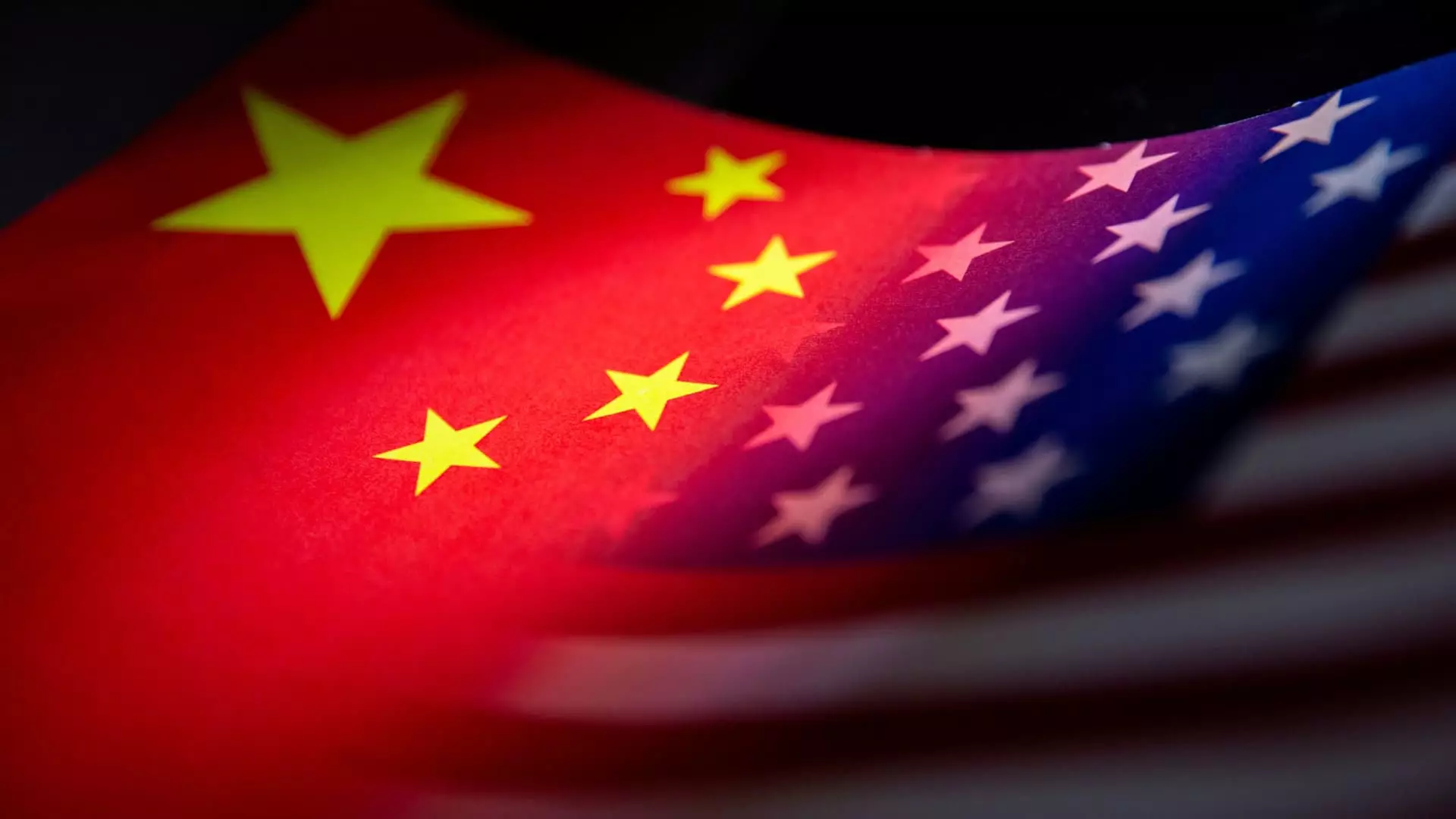In a world increasingly defined by economic divisions, Chinese President Xi Jinping’s recent engagement with global executives reveals a striking paradox. As trade tensions with the United States heighten, Xi is not retreating into isolationism but instead reaching outward, forging alliances while insisting that multinational corporations share in the global responsibility of maintaining order. His statement that “to invest in China is to invest in tomorrow” isn’t just a catchy slogan but a fundamental tenet of his broader vision for redressing international economic relations.
During a roundtable with major business figures—whose ranks included the titans of finance such as Ray Dalio and Bill Winters—Xi’s rhetoric strongly leaned on cooperation and mutual benefit. It’s alarming to consider that while China positions itself as a bastion of globalization, its ascendant role also comes with subtle coercive undertones. In Xi’s vision, global businesses aren’t mere investors; they are partners in what he calls “upholding global order.” The subtext of that partnership, however, could easily slip from mutual benefit to economic compulsion, particularly as Beijing leverages its colossal market against American economic policies.
Decoupling: A False Dichotomy?
Central to Xi’s argument is the rejection of “decoupling,” a term that refers to the severing of trade ties between the U.S. and China. Despite growing calls from certain American factions to pull away from China fundamentally, Xi argues that such measures only threaten global supply chains and economic stability. However, this narrative feels disingenuous; it sidesteps the fact that China’s own policies have often sought to pivot away from reliance on Western nations, thereby contradicting the idea of seamless collaboration.
Moreover, it’s disconcerting that Xi’s rhetoric fails to acknowledge the consequences of a trade war declared intentionally by the U.S., raising tariffs and blacklisting Chinese companies under the Trump administration for purported national security risks. The irony is glaring; while he urges for resolution through negotiation, China has strategically increased trade engagements with Southeast Asian countries, making it a player in a newly emerging regional order where the U.S. has less of a say.
Multinationals in a Tight Spot
The push for a fair playing field for foreign businesses is commendable on the surface. Xi’s pledge to open up government contracts to foreign companies sounds appealing, yet one must question the sincerity behind this promise. Multinational corporations face a conundrum: while they are courted by the Chinese market, they also run the risk of being entangled in Beijing’s complex regulatory web, which rewards loyalty and conformity and punishes dissent.
Underneath the veneer of cooperation lies a fear of reprisal for those who dare criticize Chinese policies or advocate for human rights. In essence, these CEOs might be engaging in a deceptive game where only those who align with the official narrative are assured survival in the market. The contradictions within China’s invite to foster corporate partnerships, therefore, mirror a more troubling reality of economic coercion and control.
The Need for Ethical Consistency
Amidst this complexity, the political dynamics also involve a broader ethical consideration. As Western firms enter into alliances with the Chinese government, they must navigate the murky waters of ethical responsibility. For example, how should they respond to China’s human rights violations or its assertive stance in the South China Sea?
Engagement with China shouldn’t come at the expense of ethical principles. The financial incentives to collaborate with China are significant, yet Western businesses should re-examine their partnerships critically. Can they justify profiting within a system that often undermines global human rights?
Amidst this tumult, Senate representatives, like Republican Steve Daines meeting Chinese Premier Li Qiang, signify a potential thaw in relations. However, history shows that political gestures may not translate into immediate economic stability, especially when economic policies are often used as bargaining chips on the international arena.
Navigating China’s evolving economic landscape demands not just flexibility from multinationals but a clear-eyed recognition of the implications of their choices. As Xi asserts the need for collaboration, it’s crucial to ask whether this collaboration supports or undermines the very principles that define a fair global order.

